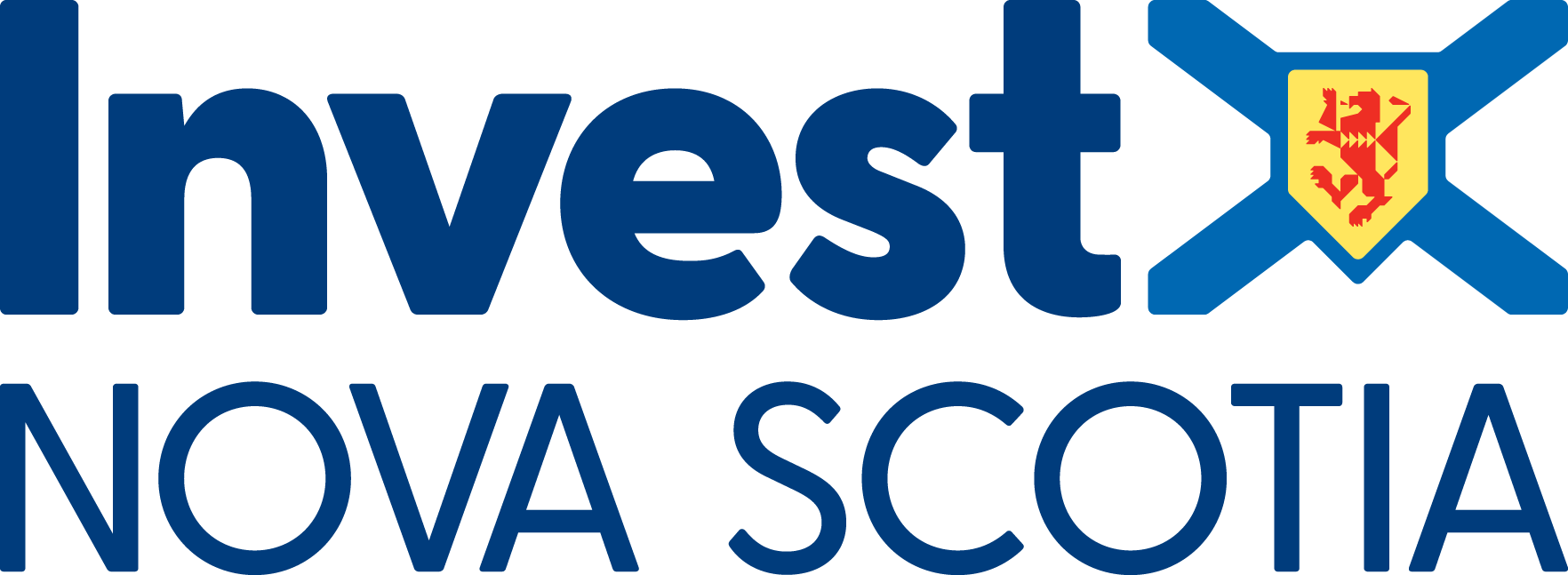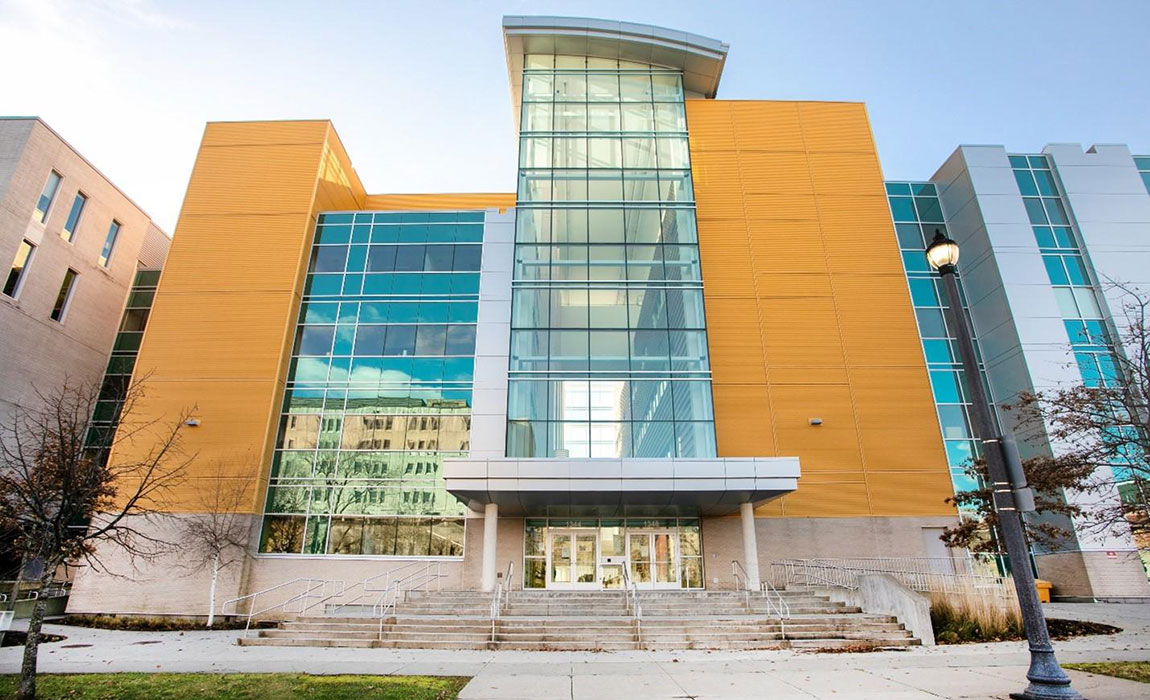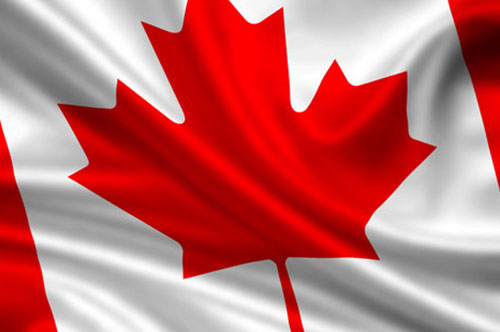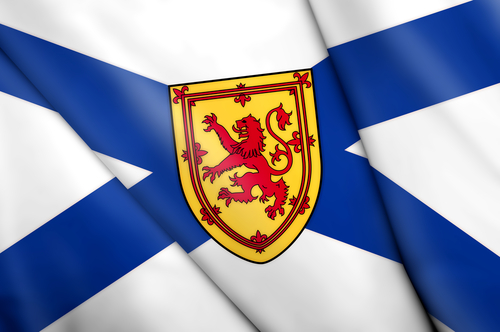NovaResp Technologies Closes $2 Million Seed Round
Monday, January 30, 2023
NovaResp Technologies, developers of artificial intelligence software to predict and prevent sleep apneas, has raised a $2 million equity round.
The investment round was led by Concrete Ventures and Invest Nova Scotia with participation from several angel investors. NovaResp will use the funds to accelerate product development, regulatory approval and other pre-commercialization efforts as it gets ready for its 2024 entry into the North American market.
Sleep apnea is a disorder where breathing repeatedly stops and starts, affecting over 969 million individuals worldwide. CPAP (continuous positive airway pressure) machines, including BiPAP devices, provide pressurized air to patients through a mask they wear during sleep. Continuous airflow helps keep the airway open and, in the event of an apnea event, increased pressure will reopen the airway, maintaining breathing and normal oxygen levels.
NovaResp’s lead product, cMAP, can be installed on any CPAP machine. The technology can collect user information for better data analytics and personalized therapy.
“Sleep apnea is a serious condition that affects millions of individuals, causing a variety of health issues if left untreated. NovaResp's innovative technology is a true example of how AI-enabled technology can improve patient outcomes and revolutionize healthcare, by providing personalized, comfortable and effective CPAP therapy,” said Patrick Hankinson, partner at Concrete Ventures.
cMAP can predict an apnea event and respond with appropriate pressure, ensuring that patients experience fewer apneas and breathing pauses per hour compared to the state-of-the-art CPAP devices in the market. In addition, the CPAP therapy can be performed at a lower, more comfortable air pressure, which leads to improved patient adherence. (More than 50 per cent of patients stop using their CPAP machines.)
“Early prediction of apnea events permits the use of lower air pressure for patient intervention, which in turn contributes to greater patient comfort. This can also lead to dramatic reductions in the size, power consumption and complexity of PAP machines,” said Hamed Hanafi, CEO of NovaResp.
NovaResp developed cMAP based on tens of thousands of apneas collected from in-home patient CPAP machines. The technology was then validated in a double-blind sleep lab study at the QEII hospital in Halifax using current in-market CPAP machines.
In addition to being backed by local investors, NovaResp has received support from the Atlantic Canada Opportunities Agency (ACOA), the National Research Council of Canada Industrial Research Assistance Program (NRC-IRAP), BioNova, and the Nova Scotia Innovation Hub.




